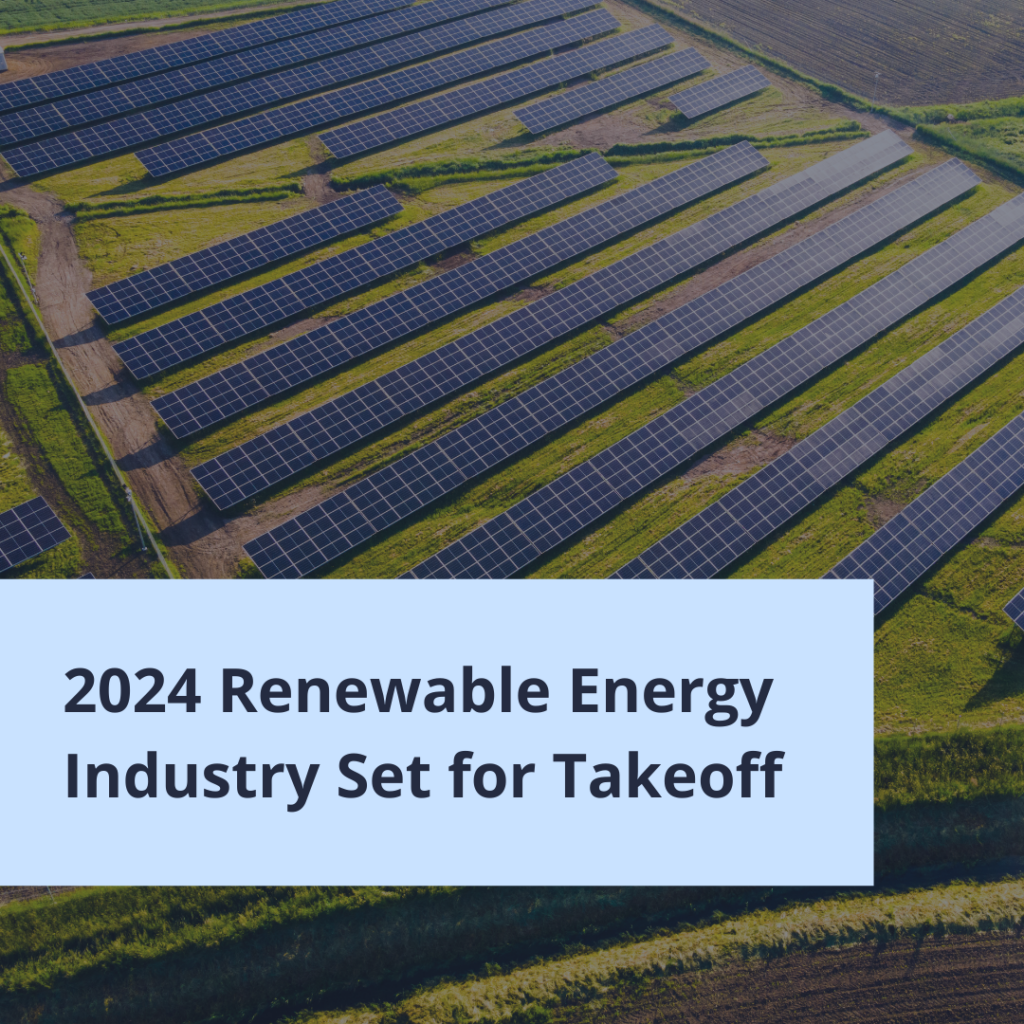Last year, 30 companies joined RE100, a global corporate initiative to procure electricity entirely from renewables, growing the membership to 421. Around a quarter of the members are headquartered in the United States, and the bulk of their upcoming commitments have a 2025 target date. Some are also driving decarbonization throughout their supply chains. Big technology companies accounted for most of the increase in membership, a trend likely to grow in 2024 as the companies meet and help others meet 24/7 and carbon-matching targets with the help of generative artificial intelligence.
A skilled workforce is needed to build, operate and maintain the new generation and manufacturing facilities planned over the next few years. The record build-out of renewable and domestic supply chain requires growing and retraining a workforce with the right skills in the right places. Challenges are greatest in the newest segments of the industry, and generative AI is also reshaping talent needs. Over the past two years, clean energy jobs have grown 10%, at a faster pace than overall US employment, according to Clean Jobs America. There are currently 3.3 million clean energy jobs—with more to come—and MRINetwork is already on the forefront of helping clients in the renewable industry space find the talent they need to keep up with this fast-changing landscape and to capture market share. Recruiters specializing in the industry anticipate a jump in the number of placements they will make in 2024, compared with the hundreds of the past two years.
A growing number of corporations are also expected to support renewables by participating in the tax-credit transfer market in 2024. Coming full circle, corporations are participating in multinational efforts to push governments to address climate change and accelerate the energy transition. The impact of unprecedented investment in renewable infrastructure will likely become more apparent in 2024. Regulatory boosts to renewable energy and transmission buildout could help address grid constraints. And boosts to manufacturing could lay the foundations of a domestic clean energy industry with stronger supply chains supporting solar, wind, storage and green hydrogen deployment.

Connect with MRINetwork